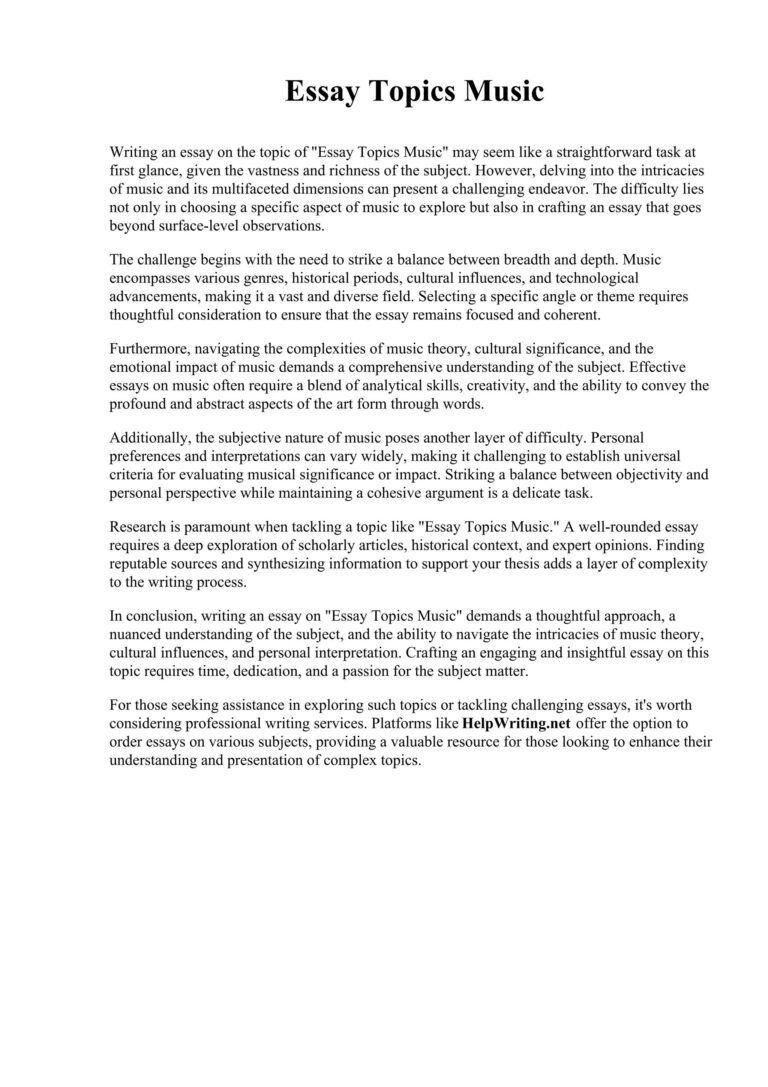Allegations of Inhumane Treatment of West African Migrants During U.S. Deportation Flight
A recent legal complaint has surfaced accusing U.S. immigration authorities of subjecting several West African migrants to cruel and degrading treatment during a deportation flight to Ghana. The migrants claim they were confined in straitjackets for an exhausting duration exceeding 16 hours, sparking widespread condemnation from human rights organizations and raising urgent questions about the standards governing deportation procedures in the United States.
This incident has intensified ongoing discussions about immigration policies and the ethical responsibilities governments hold when managing vulnerable populations within their borders. For context on migration challenges in Africa, recent reports highlight significant cross-border movements across Southern Africa, underscoring the complexity of migration issues worldwide.
Human Rights Concerns Raised by Forced Restraint During Deportation
The lawsuit details harrowing accounts from migrants who were reportedly seeking asylum but instead endured extreme physical restraint throughout their forced removal journey. Being strapped into straitjackets for over 16 hours caused not only intense physical discomfort but also severe psychological trauma, including heightened anxiety and distress.
Legal analysts emphasize that such treatment may breach both domestic laws protecting detainees’ rights and international conventions safeguarding humane treatment during deportations. The complaint highlights several critical violations:
- Breach of international human rights obligations related to detainee welfare.
- Neglect in providing necessary medical attention or mental health support during transit.
- Lack of procedural safeguards specifically designed for asylum seekers facing removal.
This case underscores pressing ethical dilemmas surrounding how governments enforce immigration laws while balancing security concerns with humanitarian principles. Its resolution could influence future enforcement protocols and migrant protections significantly.
Examining Systemic Issues: Prolonged Use of Straitjackets on Vulnerable Migrants
The allegations bring into sharp focus systemic deficiencies within U.S. immigration enforcement practices-particularly regarding care for individuals with complex needs or mental health vulnerabilities during deportations. Restraining individuals in straitjackets for extended periods is widely regarded as excessive and potentially harmful, prompting calls from advocacy groups demanding immediate reforms.
Human rights organizations argue that such measures may contravene established international standards aimed at preventing cruel or degrading treatment during detention or transport operations (see related cases involving other countries). These concerns reflect broader patterns documented by recent research revealing distressing conditions faced by many forcibly removed migrants globally.
| Key Issues Identified | Description |
|---|---|
| Violation of Human Rights Standards | Treatment deemed cruel and degrading under international law frameworks. |
| Mental Health Neglect | Lack of adequate psychological support before, during, and after transport phases. |
| Lack of Transparency | Poor disclosure regarding methods used in migrant handling procedures. |
| Urgent Need for Reform | Catalyst for calls demanding comprehensive policy overhaul within immigration agencies. |
The Push Toward Policy Overhaul: Advocating Humane Treatment & Accountability Within CBP Practices
This lawsuit has galvanized demands among civil society groups, lawmakers, and human rights defenders urging a thorough review-and reform-of Customs and Border Protection (CBP) protocols concerning migrant management. The prolonged use of restrictive devices like straitjackets exemplifies a troubling disregard for basic dignity that must be addressed through concrete policy changes emphasizing respect regardless of legal status or circumstances surrounding removal proceedings.
Main recommendations put forth include:
- Enhanced Oversight: Establish independent monitoring bodies ensuring compliance with humane treatment guidelines across all stages of detention and transportation;
- Sensitivity Training: Implement mandatory education programs focusing on human rights awareness alongside de-escalation techniques tailored to diverse migrant populations;
- Anonymized Reporting Channels:Create safe avenues enabling migrants to report abuses without fear reprisal;
- < strong > Expanded Legal Aid Access:< / strong > Guarantee timely access to qualified legal counsel assisting detained individuals navigating complex immigration processes .
Year Allegation Outcome
< / tr >
< / thead >< td style ="border :1px solid #dddddd; padding :8px;" > 2021< / td >< td style ="border :1px solid #dddddd; padding :8px;" > Mistreatment reported among asylum seekers< / td >< td style ="border :1px solid #dddddd; padding :8px;" > Formal investigations launched< / td > < td style ="border :1px solid #dddddd; padding :8 px;" > 2022< / td >< td style ="border: 1 px solid# dddd dd ;padding: 8 px ;" > Excessive force allegations against border agents< / td >< td style = " border: 1 pxsolid# dddd dd;padding: 8 px ;" > Limited disciplinary action taken< / t d > < t dstyle = " border: 1 pxsolid# dddd dd;padding: 8 p x ;" >2023 Use o f harsh restraints on detainees Ongoing probes amid bipartisan criticism The above data reveals persistent patterns where serious complaints trigger inquiries but seldom culminate in substantial accountability measures – fueling skepticism about institutional commitment toward meaningful change within CBP operations.
A Call To Action For Lawmakers And Immigration Authorities Alike Â
The unfolding litigation serves as a stark reminder that safeguarding fundamental human dignity must remain central when enforcing migration controls – especially given increasing global displacement trends affecting millions annually.
Accordingly,a renewed emphasis on transparent policies aligned with internationally recognized human rights norms is imperative if trust between affected communities & government agencies is ever to be restored.....ÂConclusion
In light of these grave accusations against U.S authorities concerning their handling methods toward West African migrants slated for deportation , this case spotlights critical issues around ethics , legality ,and humanity embedded deep within current immigration enforcement frameworks . Beyond seeking redress over alleged misuse involving prolonged restraint via straitjackets , it ignites broader discourse advocating enhanced protections tailored specifically toward vulnerable groups caught up amid increasingly stringent migration regimes . As judicial proceedings advance , stakeholders urge policymakers alongside public audiences alike not only demand accountability but champion reforms prioritizing compassion alongside due process – reaffirming every person’s right irrespective status remains treated with inherent dignity . This evolving story will undoubtedly continue attracting attention as it progresses through courts .







